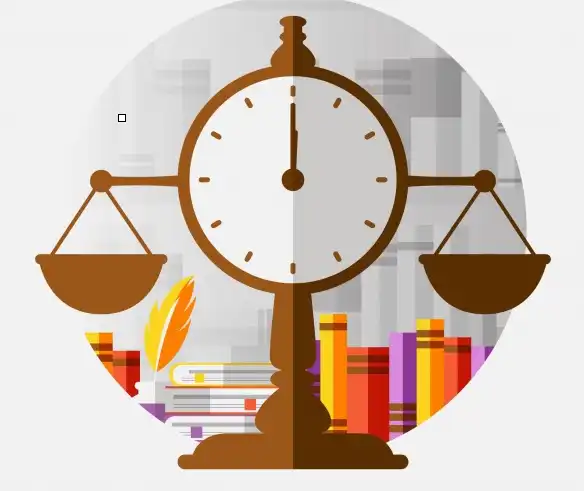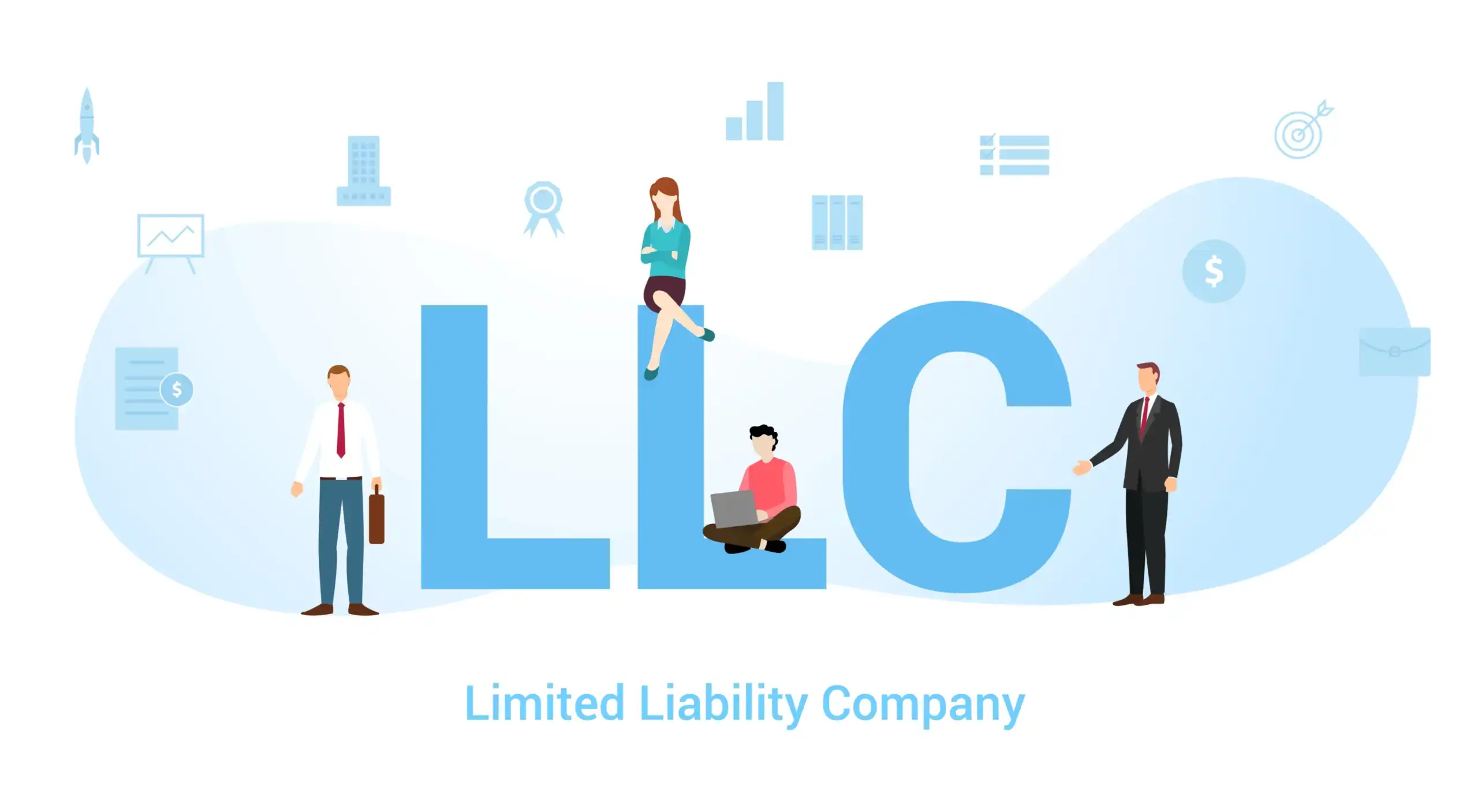Estate planning is a critical component of wealth management that is often ignored. It is a crucial part of protecting your assets, securing your family, and protecting the legacy you have created. Nevertheless it is not only about making a will it is about planning to make sure that your wealth is transferred efficiently with minimal taxation and with your wishes followed even when you are not around.
This paper will discuss why estate planning plays a vital role in wealth management, what it entails, and what you can do to ensure your legacy is secured in the future. Regardless of whether you are an estate planning novice or are well on your way, the following guide will provide you with some helpful insights and ideas to keep in mind.
What is Estate Planning? Why is it so important?
Estate planning is the process of arranging your property and making choices about who will receive and manage your property after you die. Although many people tend to think that estate planning is something that only the rich need, it is vital to any person who possesses some assets, no matter how poor they are.
The main objective of estate planning is to make sure that your estate is transferred as per your wish with the least possible financial and emotional stress on your loved ones. It will also assist in minimizing the potential conflicts, taxes, and legal expenses that may emerge in case there is no clear plan.
Important Aspects of Estate Planning
Estate planning is not a cookie cutter approach. It depends on your objectives, family life and the intricacy of your assets. Nevertheless, the following components are essential in every estate plan:
Wills and Trusts
The cornerstone of any estate plan is a will. It describes how you wish your property and assets to be shared following your demise. A trust, however, may aid in ensuring that your assets are distributed in a specific way and at the appropriate time, beyond what is possible with a will.
Power of Attorney
A power of attorney is a document that enables you to delegate the management of your financial and legal affairs to someone in the event that you become incapacitated. This is essential in making sure that your affairs are taken care of in case you cannot make decisions on your own.
Healthcare Directives
A living will, or healthcare directive, allows you to indicate the medical procedures you would like, or not like, to receive should you become incapacitated and unable to express your wishes. This can relieve the stress on family members who would otherwise have to make tough decisions at an emotional moment.
Beneficiary Designations
Some of your assets may bypass probate, including life insurance policies, retirement accounts, and others. It is also necessary to ensure that beneficiary designations are frequently revised to include your wishes.
Myths About Estate Planning
Estate planning can seem like a daunting task, but it is important to note that many of the misconceptions are based on fear. Now, we are going to discuss some of the misconceptions:
Estate planning is an exclusive concept of the rich.
Although estate planning might appear as a practice only the wealthy can afford, it is a significant step that every person with some property, whether it is property, savings, or investment, should take. Even the middle-class family can enjoy the benefits of having a plan to pass assets on to heirs and protect assets.
I am young, so I do not need to plan the future.
It is tempting to think that estate planning is an issue that can be postponed to old age, but accidents and unforeseen events may occur at any age. Estate planning early will help to secure your assets and make your intentions known in case of an eventuality.
Enough is a will.
A will is an important component of an estate plan but it is not usually sufficient by itself. Trusts, power of attorney, and healthcare directives are additional layers of protection and control of your assets, adding depth to your plan.
The Wealth Management Implications of Estate Planning
Estate planning is important in wealth management, particularly where there are high-net-worth individuals and families. The following is how an effective estate plan can positively affect wealth management:
Minimizing Taxes
Failure to have an estate plan will result in your beneficiaries paying high taxes on estates or inheritances. The right planning can minimize these taxes and save more of your wealth to pass down to your future generations.
Avoiding Probate
Probate is a legal procedure whereby your will is proved and your assets are transferred. This may be costly, time consuming and open to everyone. Trusts are a means through which your assets can be distributed privately and without going through probate that saves time and money to your heirs.
Ensuring Wealth Preservation
Estate planning assists in ensuring that your wealth is preserved to be passed on to future generations. You can shelter your wealth by creating trusts or other financial instruments so that it is safe and secure against creditors, divorces, and other dangers and will therefore endure.
Caring About Loved Ones
Estate planning enables you to set your loved ones, be they children, spouses, or other dependents, in a financial situation. You will be able to allocate money to education, healthcare, and other necessities, so that your future is not a worry.
How to begin Estate Planning
Estate planning may seem like a daunting concept, but it does not have to be. To begin with, here is a step-by-step process to follow:
Evaluate Your Assets
It is always best to start by taking inventory of all your assets, such as real estate, investments, retirement accounts, and personal property. The knowledge of what you have will assist you in determining what should be encompassed in your estate plan.
Ask a Professional
Estate planning is a complex area and the laws are different by state and country. You should seek the help of a lawyer or a financial planner who is experienced in the field of estate planning to make sure that your estate plan is legally acceptable and tax-efficient.
Make a Will or Trust
Create a will or a trust that will determine how your assets are to be distributed. A trust can assist in shielding your assets against taxation and also guarantee that they are managed in the way you want.
Assign a Power of Attorney and Healthcare Proxy
Select an individual that you trust in charge of your affairs and in charge of making healthcare decisions on your behalf in the event that you become incapacitated.
Revise and Update Your Plan on a Regular Basis
Circumstances in life evolve and so should your estate plan. It is important to regularly review it and amend it whenever there are major life changes, including marriage, children, or the purchase of new assets.
Conclusion
Estate planning is an important aspect of wealth planning that safeguards your assets, honors your wishes and preserves your legacy. Estate planning is one of the best gifts you can give to yourself and your family and may be a good step to take whether you are just beginning to consider it or need to revise your current one.
The Finance Focus is a company that deals with wealth management solutions, such as estate planning, to help you safeguard your future. Do you need to be guided or would like to know more about how estate planning can help you, do not hesitate to contact our team.









